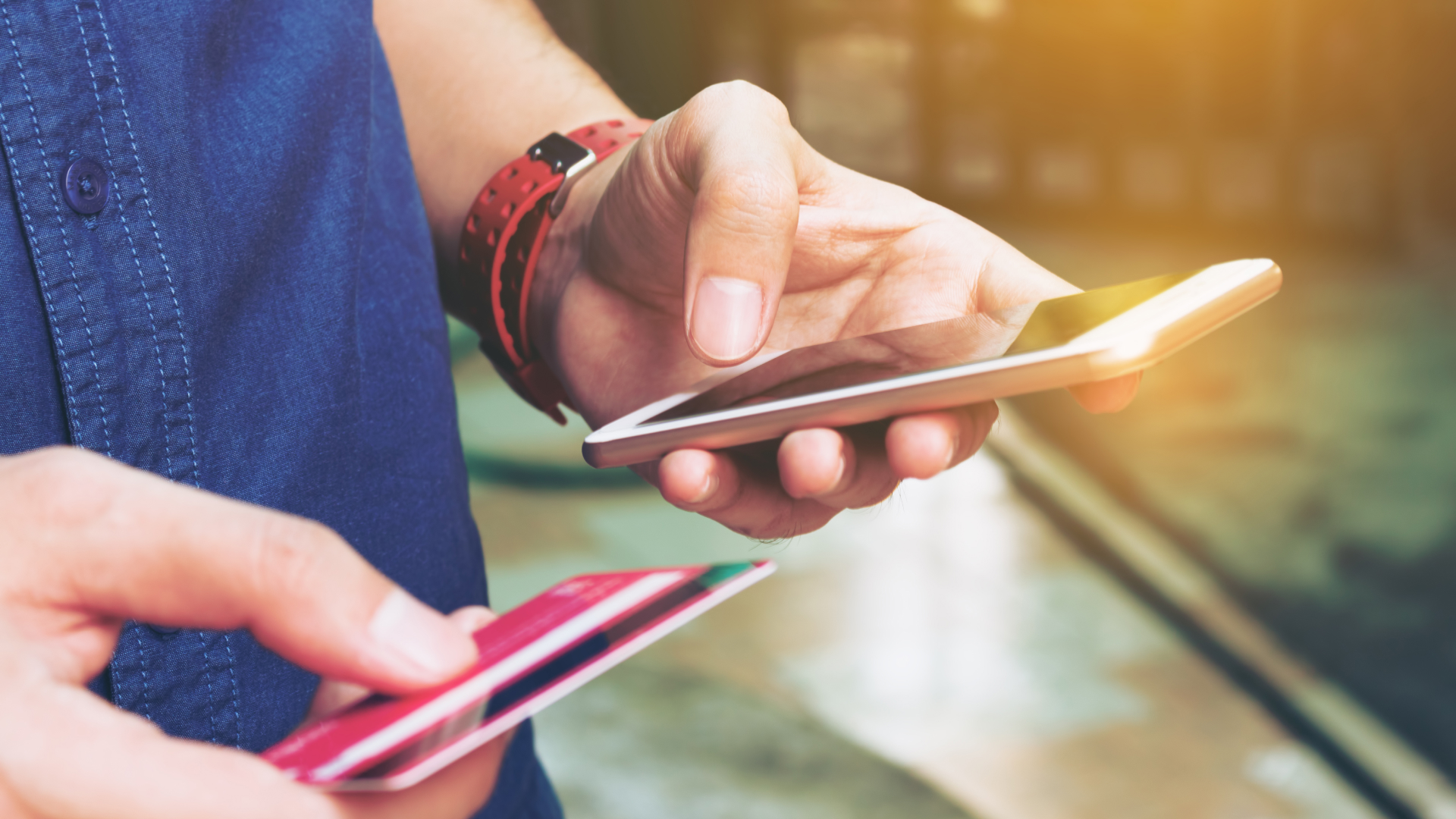
Peer-to-peer (P2P) payment apps like Cash App have become the go-to payment option for many users as fintech technology advances.
Simply put, Cash App is a money sending and receiving app. Users can sign up for a free account, which allows them to send and receive money from other users in the same country.
You select a unique username, known as a $cashtag, after downloading the Cash App. Users can also be tracked down using their account’s phone number or email address.
How does the Cash App work?
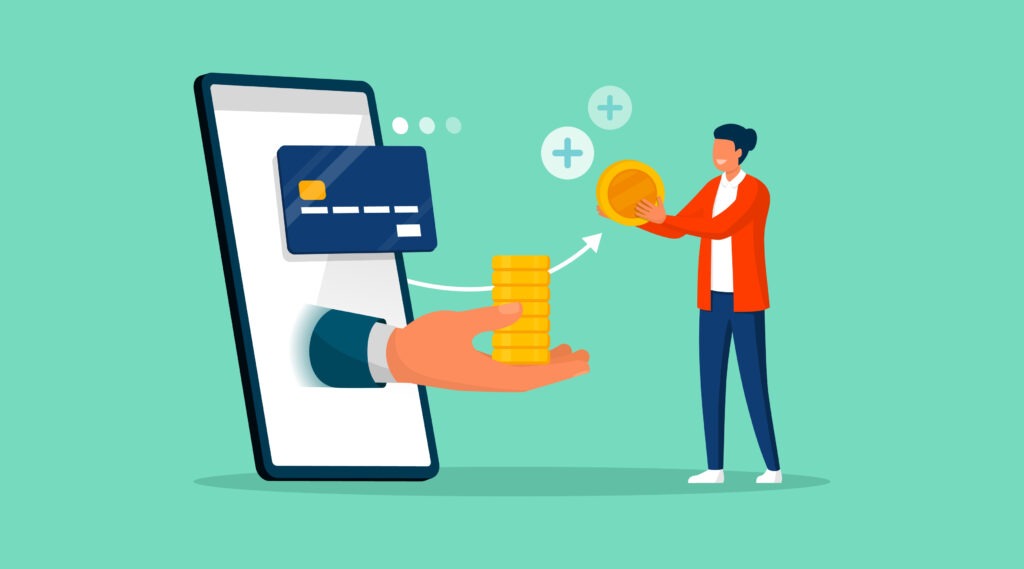
First, you need to create an app, and the mwdn mobile app development specialists can help you with that. You can include funds to your Cash App account using a debit card connected to an existing bank account. You’ll too exchange funds from your Cash App account to your bank account, to handle that as a rule takes two to three days.
Cash App has two main functions: paying and receiving money. Start by tapping the dollar sign symbol “$” at the bottom of the program to accomplish both.
The free Visa-certified debit card, known as a Cash Card, that customers can request sets Cash App different from other online payment services. This debit card can be used to withdraw cash from ATMs and at traditional brick-and-mortar retail establishments.
The software includes sections for banking, debit cards, payments, investment, and Bitcoin, among other things.
Money Sending and Receiving
You’ll link an existing bank account to your Cash App account after you’ve created one. You can send and receive money using the mobile app once you’ve connected a payment source. Users can create a payment by entering a dollar amount in the green payment tab and tapping “Request” or “Pay.”
A $Cashtag is a unique username created by each Cash App user. By searching for their $Cashtag, you can identify people or businesses to pay or request money from. You can also look up people by their name, phone number, or email address. You can send money using either your Cash App balance or a linked funding source.
Money Transfer
When you receive payments, the money is held in your Cash App balance. You have the option of keeping it or transferring it to your associated bank account. Instant transfers are charged a cost (0.5 % to 1.75 % of the transfer amount, with a minimum price of $0.25), but you can also pick a no-fee regular transfer, which takes one to three business days.
Add Money
To add money to your Cash App account, go to the banking page of the app and tap “Add Cash.” Tap “Add” after selecting the desired quantity.
Who Can Use Cash App?
Individuals aged 13 and above can use the Cash App. Expanded Cash App capabilities including P2P transactions, direct deposit, and a Cash Card require parental or guardian consent for users aged 13 to 18.
Other capabilities, such as investment and Bitcoin, are restricted to Cash App users above the age of 18.
Is there a Cash App Card, and how does it work?
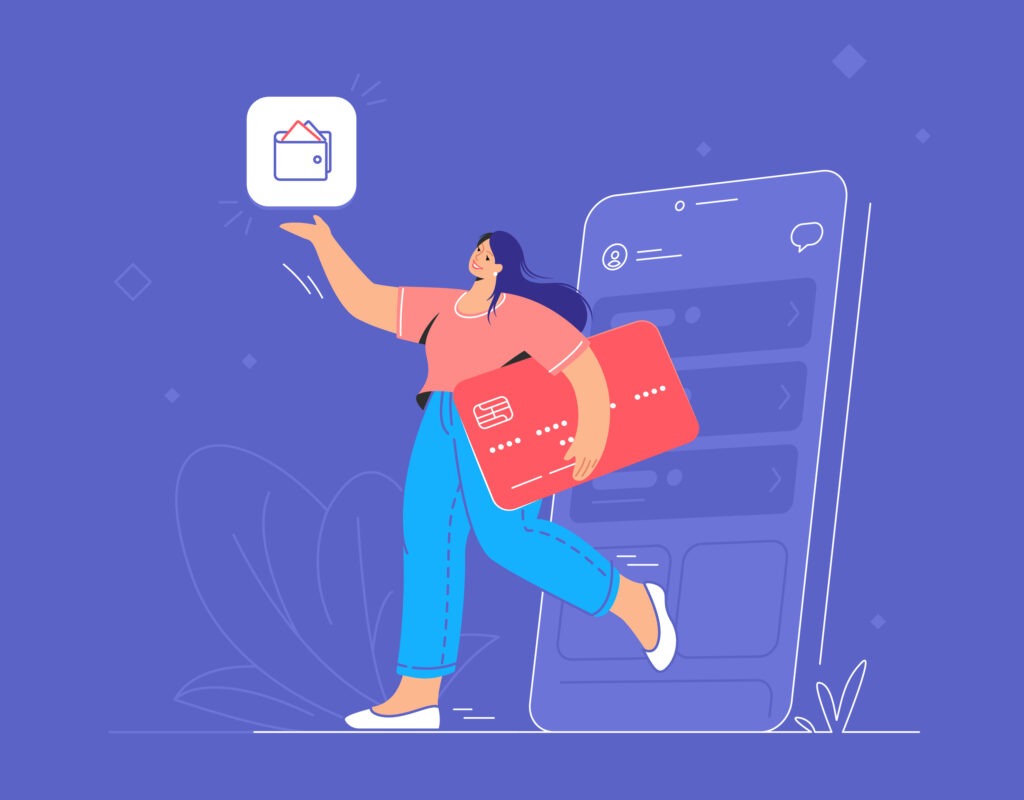
Users of the Cash App can get a Cash Card, which is a debit card linked to their Cash App account. The Cash Card, like other debit cards, may be used to make transactions both online and in person. You may also use Apple Pay or Google Pay to add your Cash Card to your digital wallet.
Cash Cards can also be used at ATMs. Each ATM transaction costs $2 on Cash App. A supplementary fee for ATM use may be charged by the ATM owner. Cash App reimburses ATM costs, including third-party ATM fees, for up to three ATM withdrawals each 31-day period (up to $7 in fees per withdrawal) for customers who receive direct deposits of at least $300 per month.
The following withdrawal limitations apply to Cash Card transactions:
- $310 per transaction
- $1,000 per 24-hour period
- $1,000 per seven-day period
What Does Using Cash App Cost?
The Cash App is completely free to download and use. Many of its services are also free of charge. Standard transfers between a Cash App balance and a connected bank account are free, however quick transactions incur a modest cost.
Fees for ATM use apply to users who request a Cash Card. When you purchase or sell Bitcoin using Cash App, you may be charged a fee. Before you finish the purchase, the cost is shown.
Is the Cash App secure?
To secure its users, Cash App claims to use the latest encryption and fraud prevention technology. When you connect into your account, the app will email you a one-time-use login code as a security safeguard. Cash App also has extra security options that may be enabled. Every Cash App payment, for example, requires your passcode if you enable a security lock. You may also disable your Cash Card using the app, which may be useful if your card is lost or stolen.
What sets Cash App apart?
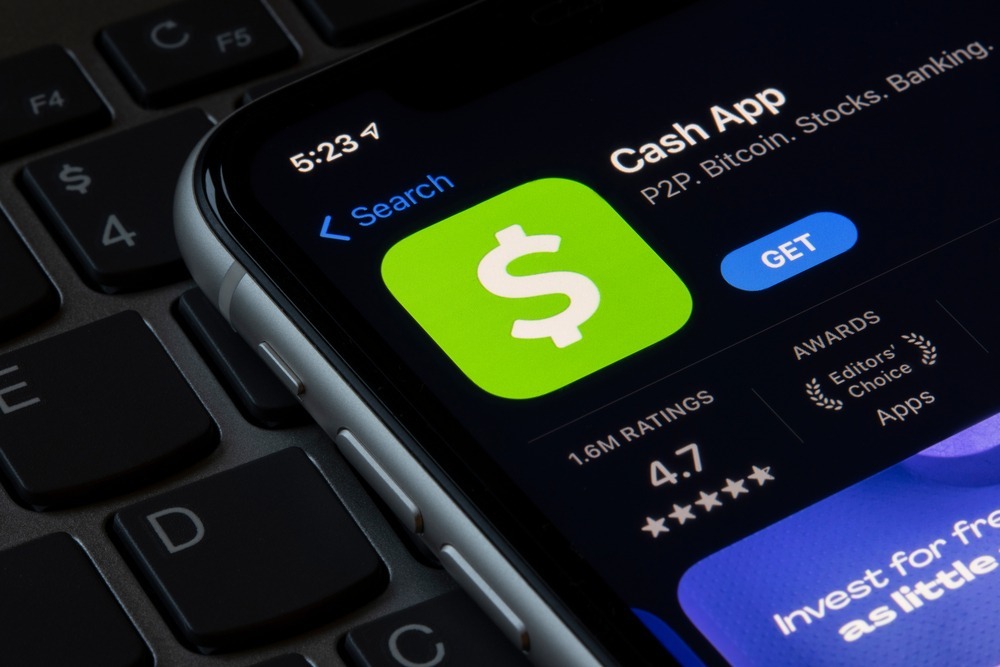
Cash App is a free app that allows you to send and receive money using your phone. In addition, the app brings together banking and investment services in one place.
Venmo is similar to Cash App, except that it is just for individuals. Businesses may also use the Cash App. Venmo also allows customers to sign up for a credit card, whereas Cash App and PayPal only provide debit cards. Furthermore, transaction limitations vary in each mobile app. PayPal is one of the oldest payment programs available, and while it is free to transfer money to friends and family, it does charge fees if you receive money for products or services.
Zelle is a digital payment service that is normally linked to your bank account, whereas Cash App also gives a free debit card.
To begin, Cash App has established transaction restrictions, however customers can increase their limits after completing a verification process. Your bank’s support for Zelle determines the transaction limitations. If this is the case, the bank will determine the limit. Otherwise, Zelle has a weekly send limit of $500.
How does Bitcoin work on Cash App?
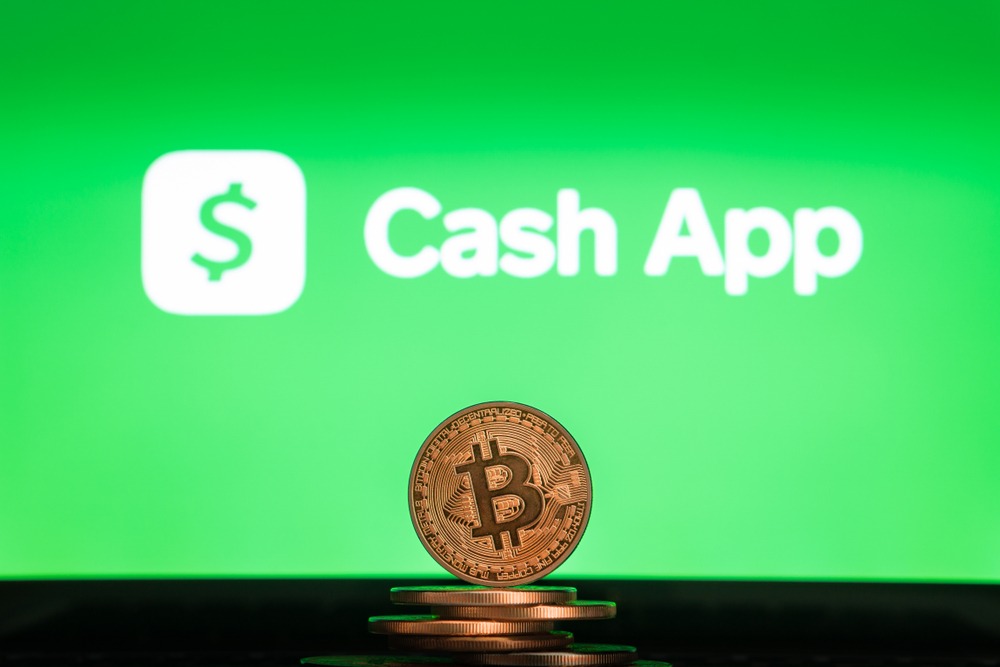
If keeping a MetaMask wallet or traversing the NFT environment on OpenSea seems intimidating, you’re in luck: you can buy, sell, and trade Bitcoin on Cash App in only a few minutes.
Cash App now only supports Bitcoin, but its extremely user-friendly interface makes managing your assets a pleasure. This is an excellent tool for both beginner and experienced Bitcoin traders, and you can easily transfer your cash to a more complicated wallet later.
Withdrawing and depositing Bitcoin on Cash App using other cryptocurrency wallets is straightforward if you need to shift funds around for whatever reason.
You’ll need to validate your Cash App account by giving some personal information and a picture ID before you can activate blockchain transfers. If your account hasn’t been confirmed yet, there will be an opportunity to do so underneath your balance and the market chart in the Bitcoin tab.
How Does the Cash App Make Money?
Cash App is free to download, and its primary functions—peer-to-peer payments and bank account transfers—are likewise free. It generates revenue by charging companies to use their app and charging individual users’ transaction fees to access more features.
Charging Businesses
Businesses that accept Cash App payments are charged 2.75% per exchange. There are two options for making these payments:
- A person makes a peer-to-peer payment to a company using an app.
- To pay a company, a person utilizes the Cash Card, a Visa prepaid card that consumers may buy and is connected to their in-app balance.
Payments with Credit Card and Expedited Transfers
Individual users can accelerate transfers from their Cash App account to a bank account for a cost of 0.5 % to 1.75 %. Users may put money into a bank account right away, rather than waiting two to three days for a regular deposit. Individuals may also utilize the platform to make personal payments with their credit card rather than their Cash App balance for a 3% transaction charge.
Bitcoin Exchange
Cash App customers have been able to purchase and sell bitcoin using their balances since the end of 2017. While there was no charge for this service when it originally launched, Cash App began charging consumers fees of up to 1.76 percent on bitcoin purchases in late 2019. One of Cash App’s most profitable offerings is this. Aside from the service charge, there is often a 1% to 4% difference between what bitcoin exchanges and individuals pay for bitcoin. Cash App takes these disparities into account when determining the pricing it gives its users, making additional money from the transactions it conducts.
ATM Withdrawals
A $2 charge applies to ATM withdrawals made with the Cash App debit card. This charge is eliminated if you receive $300 or more in direct deposits in a given month. You should be aware that the ATM operator may charge you a fee.
The Future of Cash App
People are increasingly depending on digital wallets in an era where smartphones are ubiquitous and customers are prepared to pay for convenience. Payment-to-payment apps are becoming more popular, but competition is fierce. Cash App has to compete with PayPal, which has a $138 billion market value (as of Q1 2022). Apple Pay and Google Pay, which come pre-installed on iPhones and Android phones, are minor rivals to Cash App. Cash App must continue to roll out exciting new features that attract new users in order to stand out.
